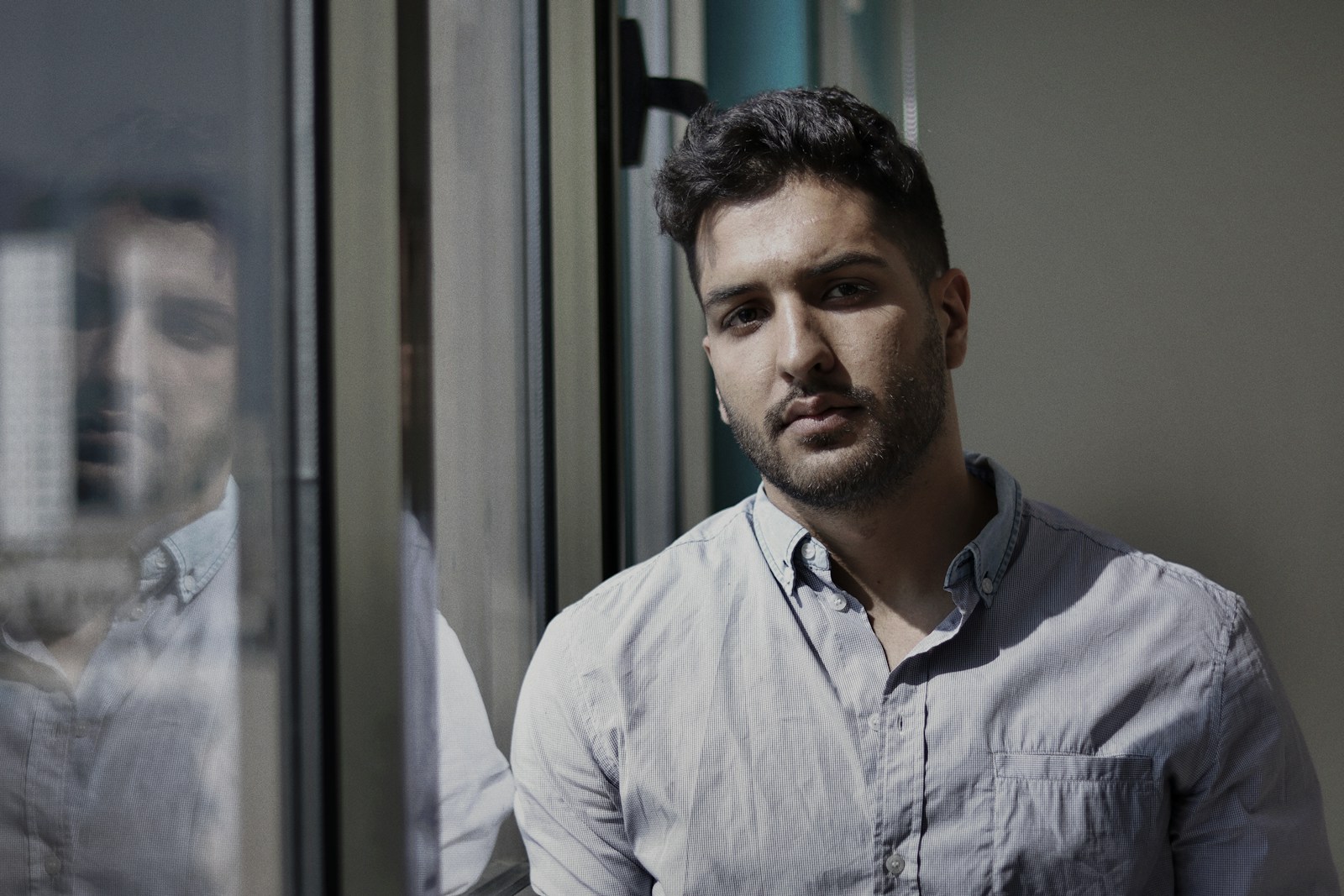
皱眉
zhòu méi

frown
The Chinese word '皱眉' (zhòu méi) refers to the facial expression made when a person furrows their brow, typically indicating displeasure, worry, or concentration. It can be used in various contexts, such as when someone is confused about a situation or unhappy about something they see.
Example sentences using: 皱眉
她看到这个消息后,忍不住皱眉。
tā kàn dào zhège xiāoxī hòu, rěn bù zhù zhòuméi.

She couldn't help but frown after seeing this news.
This phrase describes someone's reaction of frowning in response to news that may be unpleasant or surprising. It indicates a physical manifestation of concern or displeasure.
他在听到那个笑话时皱眉了。
tā zài tīng dào nàgè xiàohuà shí zhòuméi le.

He frowned when he heard that joke.
This example illustrates a moment when someone becomes discontent or finds something unamusing, leading to a frown as a reaction to the joke.
老师看到学生的成绩时皱眉,她很担心。
lǎoshī kàn dào xuéshēng de chéngjī shí zhòuméi, tā hěn dān xīn.

The teacher frowned when she saw the student's grades; she was very worried.
In this phrase, the teacher's frowning indicates her concern for the student's performance, highlighting the emotional weight that academic results can carry.